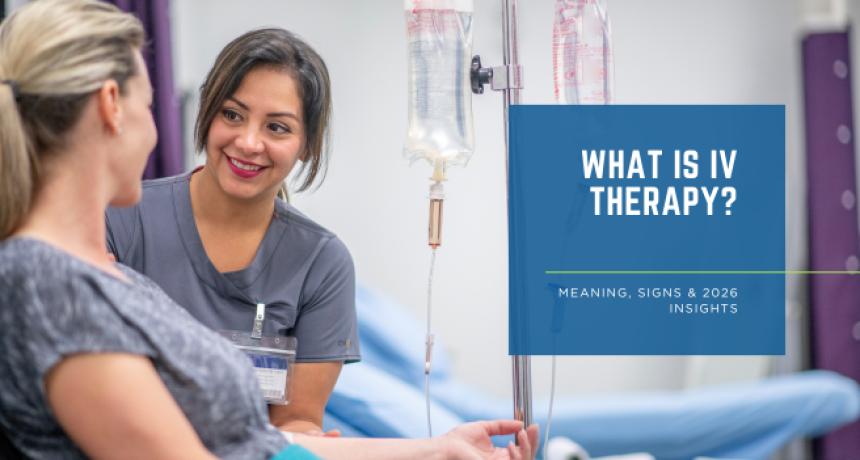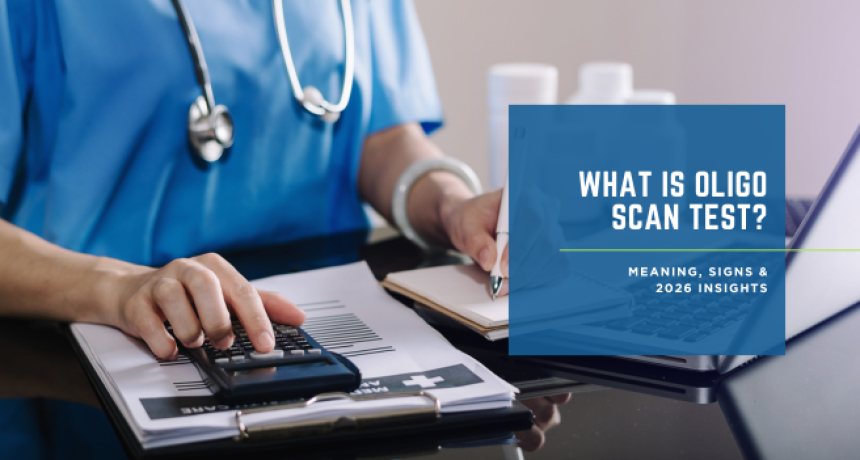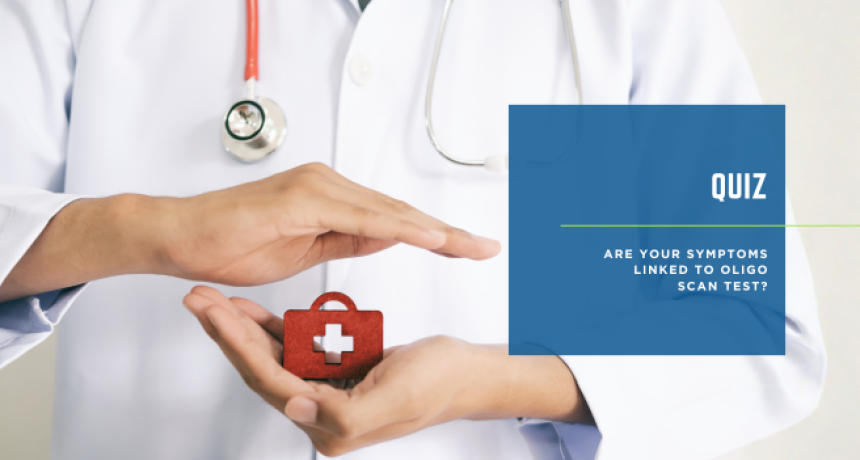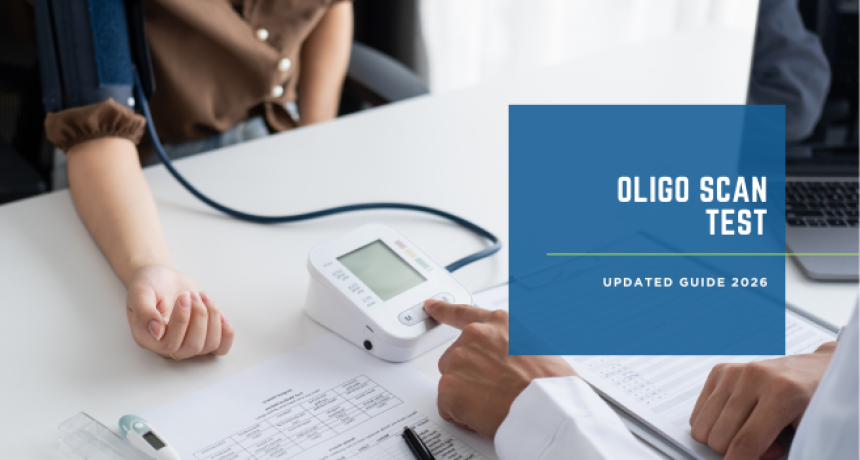Gastric Problems: Common Causes, Symptoms & Effective Treatments Backed by Science
2025-05-21Key Takeaways
Gastric problems are often caused by diet, stress, or gut imbalance.
Symptoms range from bloating and gas to acidity and indigestion.
Treatment should focus on root causes: food, lifestyle, gut microbiota, and stress.
At L&B Clinic, we treat gastric problems through personalized gut health protocols.
Ever felt bloated after eating something seemingly harmless? Or battled stubborn indigestion despite trying every home remedy? Gastric problems are surprisingly common — yet highly misunderstood.
In fact, more than 40% of Indian adults suffer from recurring gastric discomfort. While popping an antacid offers temporary relief, it does nothing to solve the root cause. That’s where an integrative, personalized approach comes in — combining the best of medical science, nutritional wisdom, and gut restoration practices.
In this article, we break down what really causes gastric issues, what symptoms to watch out for, and most importantly, how to treat them effectively and naturally.
Gastric problems refer to a wide spectrum of digestive issues that affect the stomach and upper digestive tract. These can include:
Excessive gas and bloating
Acidity and heartburn (GERD)
Indigestion and heaviness
Belching, flatulence, or nausea
Pain or discomfort in the upper abdomen
While occasional discomfort is normal, chronic or frequent episodes signal deeper imbalances — often in the gut microbiome, stress pathways, or diet.
Check out: Acidity & Bloating After Every Meal? Try These Doctor-Recommended Fixes
1. Poor Diet Choices
High intake of processed, oily, or spicy food
Excessive sugar and refined carbs
Skipping meals or irregular eating
2. Gut Microbiome Imbalance
Overgrowth of harmful bacteria or lack of diversity
Low fiber intake affects gut flora
3. Stress & Mental Health
Chronic stress can impair digestion by triggering the gut-brain axis
Emotional stress increases stomach acid production and slows digestion
4. Food Intolerances
Gluten, dairy, fructose, and certain legumes can irritate the gut
5. Sedentary Lifestyle
Lack of movement reduces gut motility and digestion
6. Medical Issues
H. pylori infection, IBS, or undiagnosed inflammation can all manifest as gastric symptoms
Recognizing the symptoms early can help address them before they worsen. Common signs include:
Bloating or tightness in the stomach
Acidity or burning sensation in the chest (heartburn)
Frequent burping or flatulence
Nausea, sometimes accompanied by vomiting
Discomfort or dull pain in the upper abdomen
If these symptoms occur more than twice a week, it may indicate a chronic underlying issue.
Read Also: Is Gas Giving You Chest Pain? Here’s What You Should Know
How to Cure Gastric Problems: The L&B Integrative Approach
1. Personalized Nutrition Plans
L&B Clinic begins with an advanced analysis of your gut health, food sensitivities, and metabolic markers. Based on this, our experts design tailored diet plans like:
Low-FODMAP diets for IBS-related gas
Anti-inflammatory diets for chronic gastritis
High-fiber diets to nourish good bacteria
2. Gut Microbiome Reset
We use stool analysis and genomic testing to assess your gut microbiome health. Treatments include:
Prebiotic and probiotic-rich food
Targeted supplements
Herbal gut-soothing formulations
3. Lifestyle Optimization
Small changes in your routine can have big results:
Eating dinner early
Staying hydrated
Chewing thoroughly
Avoiding screen time during meals
4. Stress Reduction Protocols
Stress is a major contributor to gastric issues. L&B Clinic offers:
Breathwork, meditation & yoga-based therapy
Adaptogenic herbs to calm gut inflammation
Cognitive-behavioral coaching
5. Targeted Supplementation
We prescribe:
Digestive enzymes for those with poor digestion
Gut-healing herbs like licorice root, slippery elm
Functional nutrition protocols to repair leaky gut
These are science-backed, safe options to alleviate mild symptoms:
Ginger tea post-meal to improve motility
Jeera (cumin) water to reduce gas
Ajwain + rock salt for bloating
Fennel seeds for acidity
Always consult a healthcare provider before trying remedies if you have chronic symptoms.
When to See a Doctor
If you have black stools or vomiting
If pain is persistent and interferes with sleep
If you’ve tried lifestyle changes but see no improvement
At L&B Clinic, we use state-of-the-art tools like microbiome mapping, food sensitivity testing, and metabolic diagnostics to uncover the real reason behind your discomfort.
“Most gastric issues are treated symptomatically. But the root lies in gut health, diet, and stress. At L&B Clinic, we don’t just mask the symptoms — we rebuild digestive health from the inside out.”
— Dr. Deepika Krishna, Founder & Functional Medicine Expert, L&B Clinic
1. What is the main cause of gastric problems?
Mostly poor diet, stress, and gut flora imbalance.
2. Can stress cause gastric issues?
Yes, it affects digestion and gut acid production.
3. Which foods help reduce gas?
Ginger, fennel, cumin, peppermint tea, and probiotics.
4. Are gastric issues curable permanently?
Yes, if the root cause is identified and treated.
5. When should I worry about gastric pain?
If it’s persistent, severe, or affects daily life, seek help.
Conclusion: Take the First Step Toward Gut Healing
Gastric problems may be common, but they don't have to be your norm. By addressing the root cause instead of masking symptoms, you can restore digestive comfort, energy, and overall health. At L&B Clinic, our experts are here to guide you with cutting-edge diagnostics and integrative therapies tailored to your unique body.
Let your gut heal — naturally and sustainably.
Ready to get your gut back on track? Book a personalized Gut Health Microbiome Test in Delhi with L&B Clinic today.
Reviewed by: Dr. Deepika Krishna, Founder, L&B Clinic
Additional Resources:
.png)















